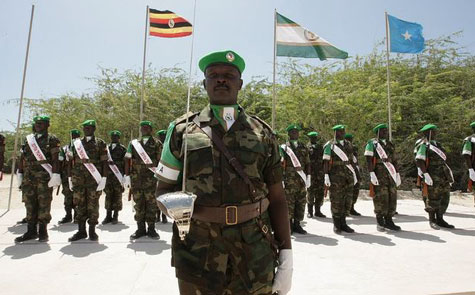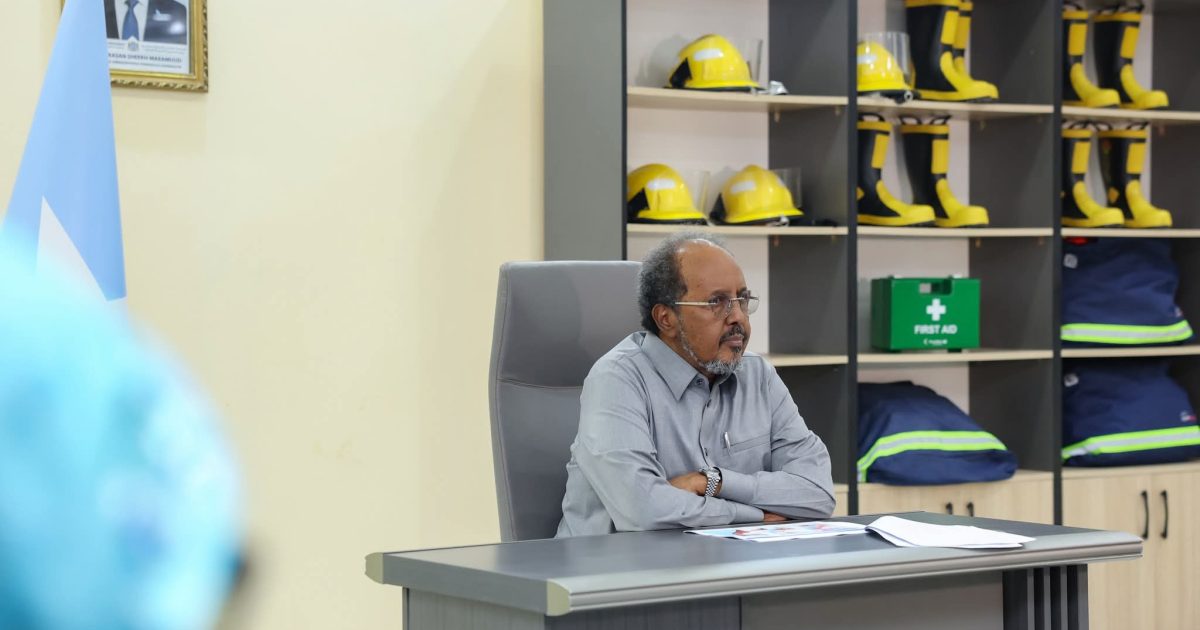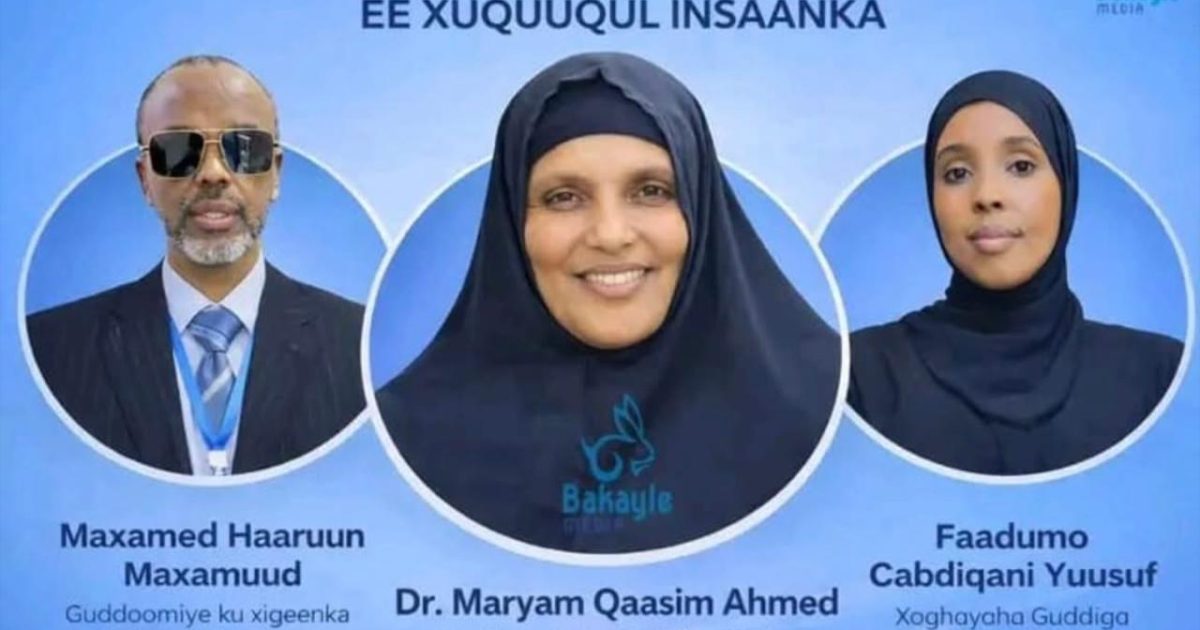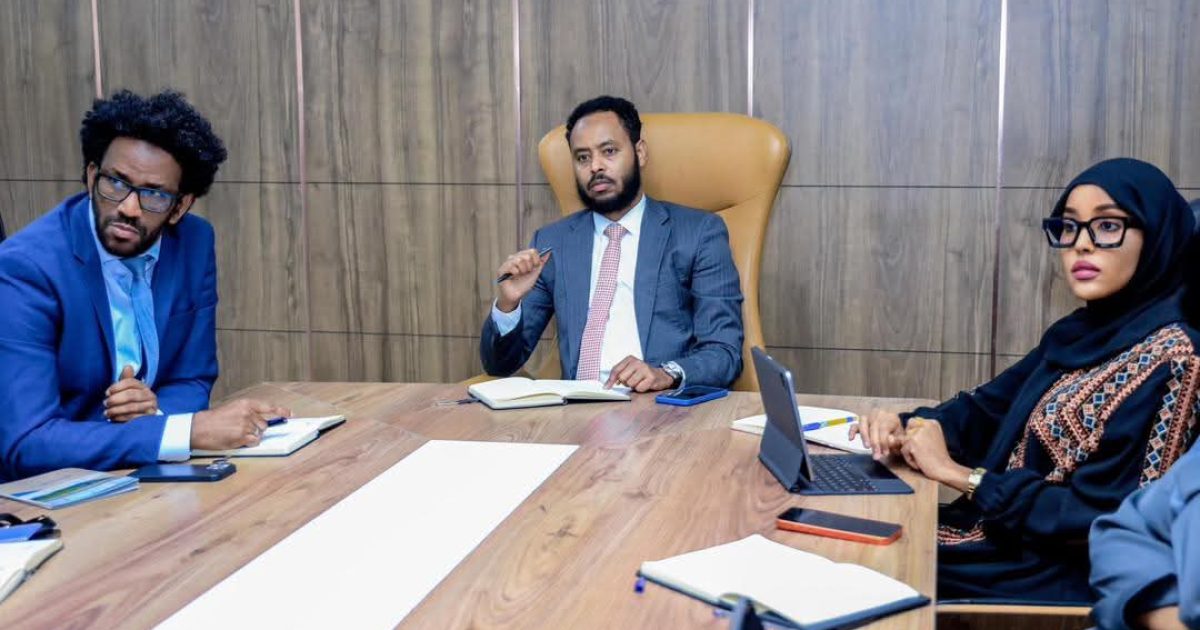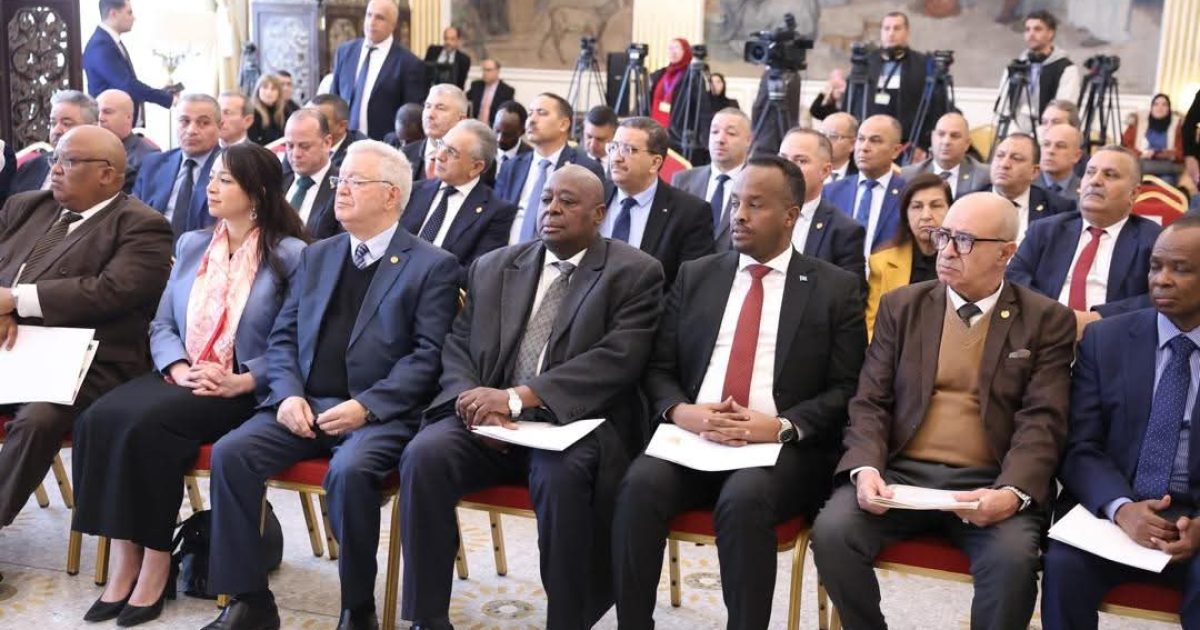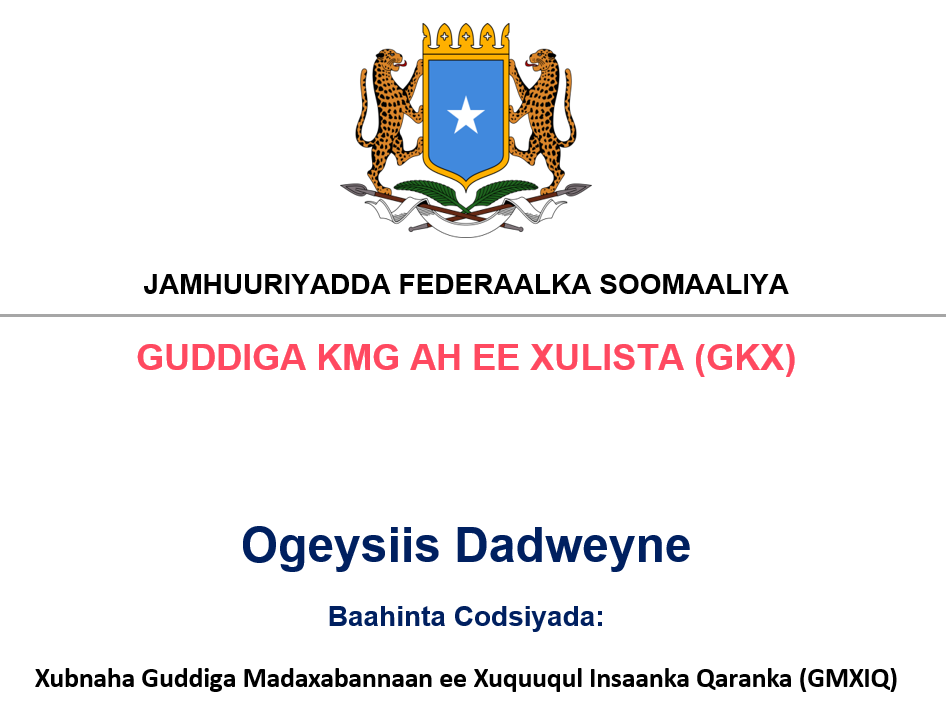The Troop Contributing Countries to the African Union Mission in Somalia (AMISOM) and the Federal Government of Somalia want the troop drawdown exercise which started last December halted.
In a communiqué read by Uganda’s Foreign Affairs Minister, Sam Kutesa, the Heads of State and representatives from Troop Contributing Countries (TCCs) and the Somali government urged the UN Security Council to reconsider the resolution on drawdown of AMISOM troops, restore the previous troop levels and stay any further reduction to allow recovery of territory still under control of Al-Shabaab and other terrorist groups.
The resolution was reached, on Friday, at a meeting convened by Ugandan President, Yoweri Museveni, in Kampala, and attended by his Somali counterpart, Mohamed Abdullahi Mohamed Farmaajo; the First Vice President of Burundi, Gaston Sindimwo, and Kenya’s Cabinet Secretary for Defence, Ambassador Raychelle Omamo.
Also in attendance were Djibouti’s Minister of National Defence, Ali Hassan Bahdon; the Ambassador of Ethiopia to Uganda, Tolesa Shagi Moti; the Chairperson of the African Union Commission, Moussa Faki Mahamat, and the Executive Secretary of the Intergovernmental Authority for Development (IGAD), Mahboub Maalim.
The summit mandated the Ugandan President to communicate the resolution to the United Nations as well as the African Union currently chaired by President Paul Kagame of Rwanda.
The leaders observed that the timeframe and troop levels under the UN Security Council Resolution are not realistic and would lead to a reversal of gains made by AMISOM over the years to defeat the terrorist group, Al-Shabaab.
The summit also noted that the drawdown undermined the capacity of AMISOM to deliver on its mandate, the inadequate capacity of the Somali National Army and the importance of hastening the formation of the Somali national security forces.
President Museveni said the communique of the summit was a collective product resulting from confidential discussions by the five AMISOM TCCs, Somalia and partners.
“There are friends of Africa, many of whom are not Africans but who have been supporting Africa for a long time. They (officials representing development partners) are from the American continent, Europe and Asia. They have been contributing money for the Somali operation all these years since we started. They have been training our soldiers,” President Museveni explained.
The African Union Commission Chairperson said there is need for efforts to be put on continued improvement of security through sustained military operations, stabilisation efforts across the country, and ensuring that AMISOM continues to be present in Somalia.
“A premature withdrawal is likely to undermine the gains made over the last decade, at a great human and financial cost. Central to this will be predictable financing for AMISOM that will make it possible for the Somali national security forces to take over primary security responsibility from AMISOM,” Mr. Mahamat observed.
The African Union Commission Chairperson confirmed that a joint AU-UN high-level team of special envoys on predictable AMISOM funding consultations had been appointed to lead this endeavour.
“The special envoys have started the joint consultations engaging partner countries, AMISOM Troop Contributing Countries and other key stakeholders in a bid to reconcile varying perspectives and come up with a pragmatic and politically acceptable solution. The outcomes of the consultations will be presented to the relevant African Union and United Nations organs,” Mr. Mahamat noted.
In his remarks, President Farmaajo said joint collaboration between AMISOM and the Somali National Army, for over a decade, to fight Al-Shabaab, have registered success in dislodging the group from areas it previously controlled.
“I believe we have a long way to go. We need to put together a sound strategy in order to effectively fight against Al-Shabaab and defeat them. And I believe they are weak,” he said.
“I believe if we continue to collaborate with the help of EU (European Union) and the international community to continue funding this operation, we will be able to defeat Al-Shabaab in a very short order,” President Farmaajo added.
The leaders also held discussions with representatives of international partners from Algeria, China, France, Germany, Italy, Japan, Qatar, Russia, Saudi Arabia, South Korea, Sweden, Turkey, United Arab Emirates, United Kingdom, United States of America, United Nations and the European Union.
During the consultations, the international partners made commitments and offered to support AMISOM and the Federal Government of Somalia in their stabilisation efforts.
The leaders agreed to meet at least once a year at the summit level and twice a year at the ministerial and chiefs of defence forces levels, in order to jointly plan, review progress and chart a way forward towards the effective implementation of the AMISOM mandate and transition plan.
They also stressed the need to urgently develop a realistic AMISOM–Somali led Transition Plan that includes a comprehensive approach to security and manifests the dividends of peace. The summit called upon the African Union Commission, AMISOM leadership and the Somali Government to work together to come up with the plan for consideration at the TCCs next meeting.
The Summit of Heads of State and Government of AMISOM Troop Contributing Countries was held in the wake of UN Security Council Resolution 2372(2017) calling for the condition-based gradual drawdown and handover of security responsibilities to Somali national security forces.
ENDS


